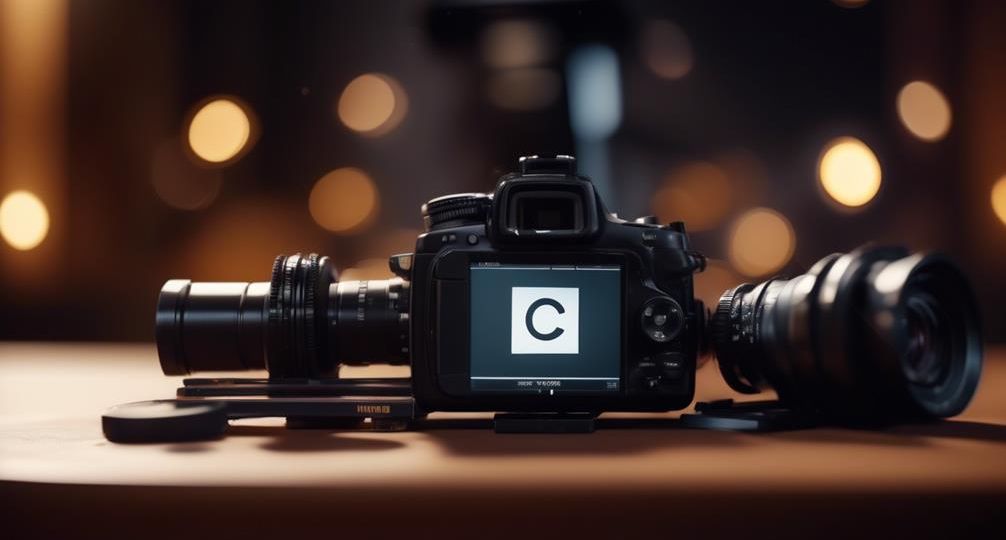
How does copyright work on Rumble?
Have you ever wondered how copyright works on Rumble, the popular video-sharing platform? As a user, it’s crucial that you’re informed about their copyright policy to avoid any legal complications.
Rumble takes copyright violations seriously, imposing penalties that can affect your account’s standing, or even lead to its termination. But what constitutes a copyright infringement on Rumble?
How does Rumble handle copyright claims and what steps can you take if your content is wrongly accused of infringement? Let’s explore these questions further to give you a well-rounded understanding of copyright laws within the Rumble community.
Key Takeaways
- Copyright laws and Rumble’s copyright policy protect the rights of content creators on the platform.
- Unauthorized use of copyrighted material can lead to legal disputes, content removal, and account suspension.
- Users should thoroughly research and obtain permission before using copyrighted content on Rumble.
- Fair use requires a transformative purpose and proper attribution, while licensed content requires permission from the original owner.
Understanding Copyright Laws
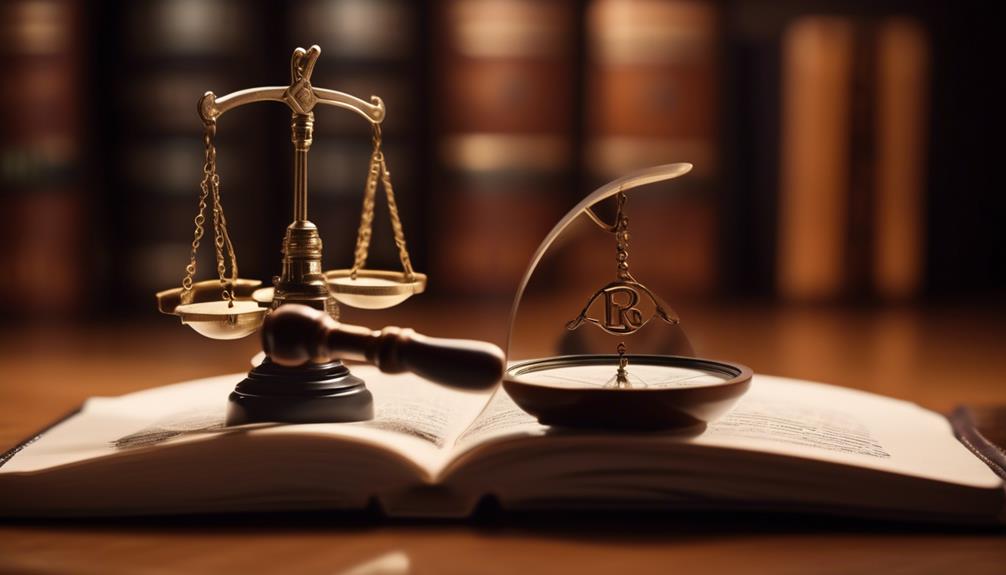
Understanding copyright laws when it comes to Rumble entails grasping the legal intricacies surrounding the creation, use, and distribution of original content on this innovative platform. As a content creator, you have the exclusive right to reproduce, distribute, perform, display, or license your creation. However, it’s not as simple as it sounds.
You need to be aware of the potential pitfalls. Unauthorized use of copyrighted material can result in legal disputes. For instance, incorporating someone else’s music into your video without permission might land you in hot water. It’s an infringement, even if you’ve made modifications or used it in a non-commercial way.
Furthermore, copyright law varies by country, adding another layer of complexity. For example, the principle of ‘fair use’ is more lenient in the U.S. compared to other countries. Understanding these legal nuances is crucial before you hit the ‘upload’ button on Rumble.
Rumble’s Copyright Policy
In order to protect your original content and avoid legal disputes, it’s vital to familiarize yourself with Rumble’s copyright policy. As a pioneering platform, Rumble respects and upholds intellectual property rights, taking a stringent approach towards violations.
Here’s a primer on the key points of Rumble’s policy:
- Rumble only accepts content for which you hold the necessary rights. You’re liable if you upload content that infringes on someone else’s copyright.
- Any unauthorized usage of copyrighted content will be met with stringent actions including, but not limited to, removal of content and account suspension.
- Rumble has a dedicated process for dealing with copyright infringement claims, adhering to Digital Millennium Copyright Act (DMCA) guidelines.
- Upon receipt of a valid copyright infringement notification, Rumble takes swift action to remove or disable access to the infringing content.
- Rumble provides mechanisms for counter-notification if you believe your content was removed wrongly due to a copyright claim.
In essence, Rumble’s copyright policy reflects its commitment to fostering a fair, innovative platform for content creators while diligently respecting intellectual property laws.
Identifying Copyright Infringement

Understanding the specifics of copyright infringement is essential, as it’s your responsibility to ensure the content you upload on Rumble doesn’t violate any existing intellectual property rights.
Infringement occurs when you upload or share content that you don’t own or haven’t obtained permission to use. This isn’t limited to mere duplication, it also includes derivative works–those that borrow heavily from another’s original creation.
The challenge lies in identifying potential infringements. You can start by conducting thorough research, verifying the originality of your content. When sourcing online, it’s crucial to consider the terms of use, licenses, and permissions associated with the content. If you’re unsure, it’s safer to assume that the content is copyrighted and seek express permission from the rightful owner.
Reporting Copyright Violations on Rumble
Should you come across content on Rumble that violates your copyright, it’s crucial to report the infringement promptly and accurately to protect your intellectual property rights. Rumble has a streamlined process for this that’s designed for efficiency and effectiveness.
Here are the steps in detail:
- Identify the infringing content: Be sure to provide a direct link to the video that’s violating your copyright. Without a specific URL, Rumble may not be able to locate and review the content.
- Provide proof of ownership: You’ll need evidence that proves you’re the rightful owner of the copyrighted work. This could be a registration certificate or a dated, original copy of the work.
- Complete a DMCA notice: A Digital Millenium Copyright Act (DMCA) notice is a legal document that you must submit to Rumble. It must include your contact details, a statement of good faith belief of infringement, and a declaration under penalty of perjury that you’re the copyright owner.
- Submit the notice: Send your completed DMCA notice to Rumble’s designated copyright agent.
- Await action: Once Rumble receives your notice, it will review the claim and act accordingly, which may include removing the content.
Staying proactive in protecting your intellectual property evolves with technology’s pace. Rumble provides the tools for this innovation, enabling you to defend your creative domain effectively.
Rumble’s Response to Infringement Claims
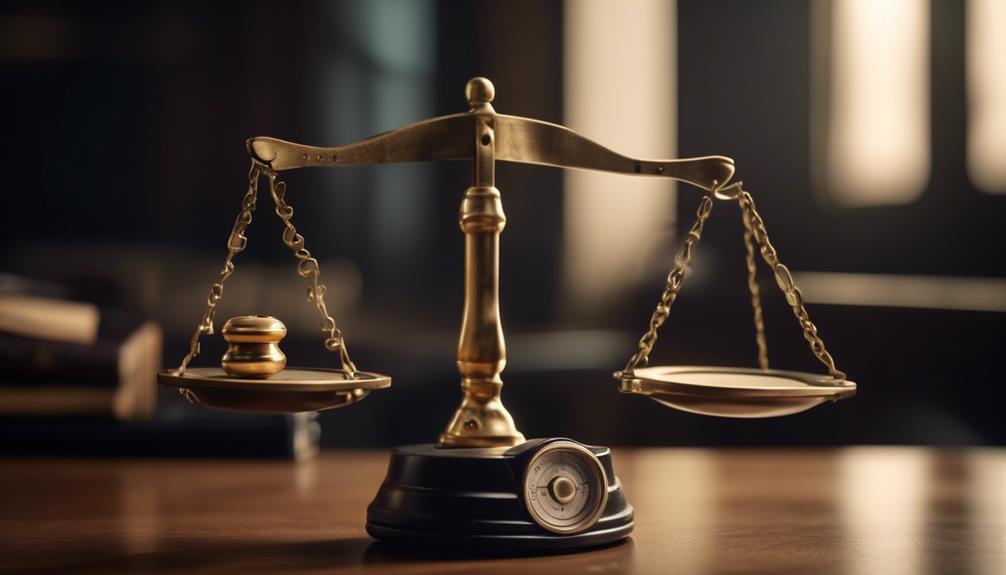
When you report an infringement claim to Rumble, it triggers an intricate process of review and action. You’ll find that Rumble’s approach is thorough, taking into account the legal consequences involved in such matters.
Understanding the steps taken in resolving copyright disputes can equip you with insights into your rights and responsibilities on this platform.
Processing Infringement Claims
In the event you believe your copyright has been infringed on Rumble, the platform provides a detailed process to handle and investigate such claims. This is a comprehensive approach to ensuring that all rights holders have their intellectual property respected.
Here are the steps Rumble takes:
- Rumble acknowledges receipt of your claim.
- They conduct an in-depth review of the material in question.
- They notify the party who posted the content of your claim.
- If valid, the content is removed and the offending party is warned.
- Repeat offenders risk having their accounts terminated.
These procedures ensure you’re protected and that innovation continues to thrive on this platform, while maintaining respect for copyright laws.
Legal Consequences Involved
While Rumble’s built-in process for handling copyright infringement claims provides initial protection, it’s crucial to understand the potential legal ramifications that can result from such violations.
If you’re found guilty of copyright infringement on Rumble, you’re not only risking your channel’s reputation but also facing possible legal consequences. These can range from fines to potential imprisonment, depending on the severity of the violation.
Rumble, in its commitment to uphold content creators’ rights, won’t hesitate to enforce stringent measures against those who violate these laws. So, it’s in your best interest to stay informed, respect copyrights, and innovate within legal boundaries.
That way, you can leverage Rumble’s platform to its fullest potential without crossing the line.
Resolving Copyright Disputes
Facing a copyright dispute on Rumble? You’ll find that the platform takes a proactive approach, promptly responding to infringement claims to protect the rights of content creators and maintain a fair playing field for all. Rumble’s comprehensive system has you covered. Here’s how it works:
- They employ automated systems to detect possible infringements.
- Alerts are sent to content creators when potential violations occur.
- A dedicated team reviews each claim to ensure its legitimacy.
- They facilitate discussions between involved parties to resolve disputes.
- Finally, they take action, which might include removing the disputed content or terminating the infringer’s account.
This systematic, innovative approach allows Rumble to efficiently resolve copyright disputes while upholding the rights of its creators.
Penalties for Copyright Breach
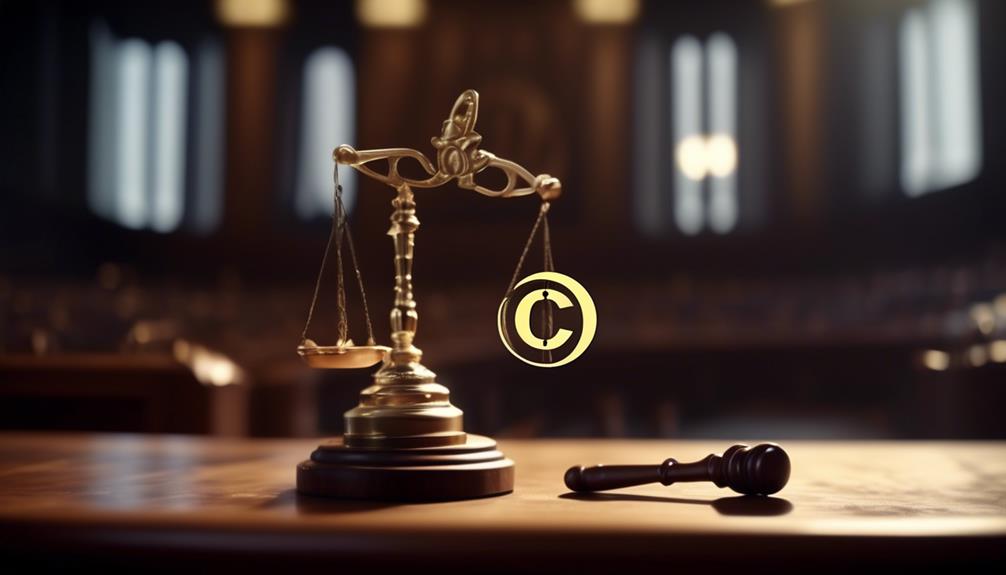
You’re now facing the critical juncture of understanding the penalties for copyright breach on Rumble. Infringement consequences aren’t to be taken lightly, as they can lead to severe ramifications, both financially and reputationally.
You should also be aware of the potential legal action risks that may arise due to copyright violations.
Infringement Consequences
If you violate Rumble’s copyright rules, there are stringent legal penalties you could face, including significant fines and potential damage to your professional reputation. It’s not just about financial loss; you’re also risking your credibility within the innovative Rumble community and potentially wider.
- Legal actions: Copyright holders can sue for damages, which could amount to substantial financial penalties.
- Account suspension: Rumble may suspend or terminate your account for repeated violations.
- Loss of Revenue: Any revenue generated from the infringing content will be forfeited.
- Damage to Reputation: Breaches can tarnish your professional image, which may impact future opportunities.
- Potential Criminal Charges: In severe cases, copyright infringement can lead to criminal charges.
Ensure to respect copyright rules to maintain your standing in this creative platform.
Legal Action Risks
When you breach copyright laws on Rumble, you’re often exposing yourself to a slew of legal risks that can carry severe penalties. It’s not simply a slap on the wrist. Infringement can result in legal action, like lawsuits, which could cost you thousands or even millions in damages. If you’re found guilty, you could also lose your ability to use the platform, hindering your creative ventures.
Moreover, copyright owners mightn’t only target your Rumble account. They could also seek to hold you personally liable, affecting your assets beyond the digital sphere. You’re not invincible behind your computer screen.
To avoid such dire consequences, it’s crucial to respect intellectual property rights, use legitimate content, and stay innovative within the lawful boundaries.
Understanding Fair Use on Rumble
Navigating the complex landscape of fair use on Rumble requires a thorough understanding of the legal provisions that govern copyrighted material. You must be aware that fair use doctrine is an exception to copyright laws, allowing use of copyrighted materials under specific circumstances.
In order to understand fair use on Rumble, consider these key points:
- Purpose and Character of Use: The use must be transformative, meaning it adds new meaning or value to the original content.
- Nature of the Copyrighted Work: Fair use is more likely to apply to factual works than creative ones.
- Amount and Substantiality: The quantity of copyrighted material used matters, but so does the quality and importance.
- Effect on the Market: If your use could harm the potential market for or value of the original, it’s less likely to be considered fair use.
- Good Faith and Attribution: Even in cases of fair use, proper crediting can help protect against infringement claims.
Using Licensed Content
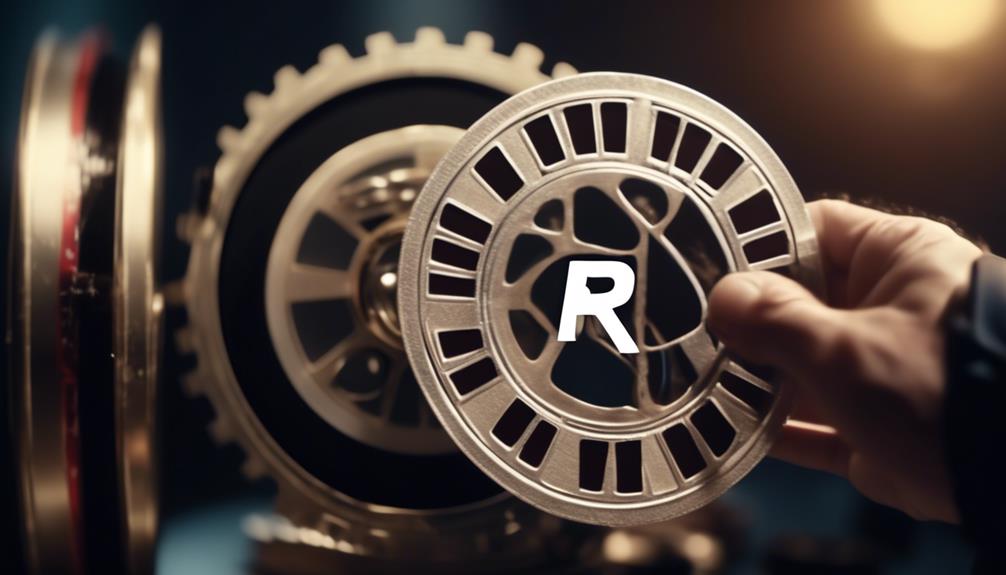
In the realm of Rumble, you’ll find that using licensed content demands a keen understanding of copyright agreements and respect for the original creator’s rights. You’re not simply borrowing content, you’re entering a legal contract with the creator. Any misuse can lead to copyright infringement, which isn’t something you’d want to be tangled up with.
As a user, you’re required to obtain permission from the original content owner before using licensed content. This way, you’re acknowledging and respecting the creator’s rights. It’s not just about being legally compliant, it’s about cultivating a culture of innovation and creativity that thrives on respect and acknowledgment.
When you purchase a license, make sure to read the terms carefully. Not all licenses grant the same rights. Some may restrict how, where, or when you can use the content. Others might require you to credit the original creator. Understanding these nuances can help you navigate the complex landscape of copyright agreements.
Copyright Tips for Creators
As a creator on Rumble, it’s crucial for you to understand the platform’s copyright policies to ensure your content is always within legal boundaries.
It’s equally important to know how to avoid copyright infringements and steps to take in handling copyright disputes.
This knowledge not only safeguards your work, but also helps maintain a respectful creative environment for all users.
Understanding Rumble’s Copyright Policies
To steer clear of unintentional copyright violations on Rumble, it’s crucial to understand and comply with their established copyright policies. This ensures the innovative content you create is protected and respected.
Here’s a snapshot of Rumble’s copyright policies:
- *Originality*: Your content must be original, and not copied from someone else’s work. This fuels creativity and originality.
- *Attribution*: If you include someone else’s work, proper attribution is required. It’s ethical and respectful.
- *Fair Use*: Understand the concept of fair use. It allows limited use of copyrighted material without permission, but within certain boundaries.
- *Copyright Infringement Penalties*: Violating copyright policies can result in penalties, including account suspension.
- *Copyright Claims*: If your work is used without permission, Rumble provides a process for filing copyright claims.
Adhering to these policies will ensure a smooth, creative journey on Rumble.
Avoiding Copyright Infringements
Having a clear grasp of Rumble’s copyright policies, you’re now better equipped to avoid copyright infringements, which is critical for any content creator intent on maintaining an ethical and legal online presence.
It’s imperative to respect original creations, a principle that fosters innovation. Always seek permission before using someone else’s content. Even when you’ve obtained consent, proper attribution is still key.
You might think transformative works like parodies or remixes are safe, but tread carefully. These can still infringe copyright, despite alterations.
Be proactive, use royalty-free or Creative Commons-licensed materials for your projects.
Lastly, remember that ignorance isn’t a defense in copyright law. Continually educate yourself on content rights to ensure your actions are always above board.
Handling Copyright Disputes
In the event your content becomes embroiled in a copyright dispute, it’s crucial to understand the necessary steps you’ll need to take to address the issue promptly and legally.
- Identify the exact nature of the dispute. Determine whether it’s a case of mistaken identity, unauthorized use, or derived work.
- Communicate with the other party. Try to resolve the dispute amicably before escalating it further.
- Document everything. Keep a record of all interactions related to the dispute.
- Consider seeking legal advice. A copyright lawyer can provide guidance tailored to your situation.
- Follow Rumble’s dispute resolution process. They have mechanisms in place to handle such issues.
Disputing Copyright Claims
When you’re faced with a copyright claim on Rumble, it’s essential to understand the steps needed to effectively dispute the allegation. It’s not just about asserting your rights, but doing so in a manner that respects the legal framework surrounding intellectual property.
Here’s a simplistic table to help you understand the process:
| Step | Action | Outcome |
|---|---|---|
| 1 | Identify the claim | Understand the specifics of the violation claimed |
| 2 | Evaluate the legitimacy | Determine if the claim has grounds or is a false alarm |
| 3 | Prepare your defense | Gather evidence supporting your ownership or fair use |
| 4 | File your dispute | Submit your dispute through Rumble’s established channels |
| 5 | Await resolution | The claimant has 30 days to respond to your dispute |
Each of these steps is integral to successfully disputing a copyright claim on Rumble. By following them, you’re not only standing up for your rights, but you’re also fostering a culture of innovation and respect for intellectual property. Remember, creativity thrives where there’s a balanced recognition of originality and the freedom to inspire and be inspired.
Rumble’s Role in Copyright Protection
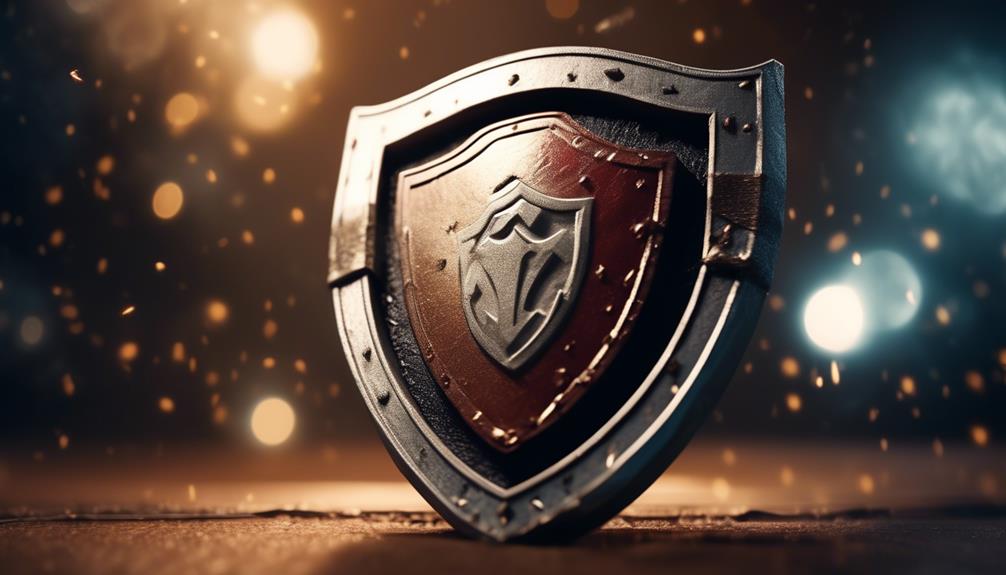
Rumble takes its role in copyright protection seriously, ensuring your intellectual property rights aren’t compromised on their platform. They’ve implemented stringent policies and measures to safeguard your creative content, from the moment you upload it to the platform.
Here’s how Rumble protects your copyright:
- Content Verification: Rumble conducts an initial review of your content to verify its originality and authenticity before publishing.
- Digital Rights Management (DRM): Rumble employs DRM technologies to prevent unauthorized use and duplication of your content.
- Content ID System: This system identifies and flags potential copyright infringements, helping to maintain the integrity of your content.
- Dispute Resolution: If a copyright claim is contested, Rumble provides a clear process for dispute resolution, ensuring fairness and transparency.
- Copyright Strikes: Rumble implements a ‘three-strike’ policy for copyright violators, reinforcing its commitment to enforce copyright laws.
Rumble’s approach to copyright protection is comprehensive, yet user-friendly, giving you peace of mind.
In an era where content theft is rampant, Rumble stands as a vanguard of digital creative rights, consistently innovating to maintain the safety of your intellectual property.
Protecting Your Own Content
To safeguard your creative assets on Rumble, it’s crucial that you understand and actively engage with the platform’s copyright protection measures. This implies meticulously keeping track of your content, reporting any infringements, and ensuring you’re not infringing on others’ rights.
The table below outlines key steps in the process:
| Action | Description |
|---|---|
| Content Registration | Register your work on Rumble for automatic copyright protection. |
| Vigilance | Monitor the platform and the internet for unauthorized uses of your content. |
| Reporting Infringements | If you identify a violation, report it to Rumble’s copyright team. |
| Respect Others’ Rights | Always seek permission before using someone else’s copyrighted material. |
Lessons From Real Copyright Cases
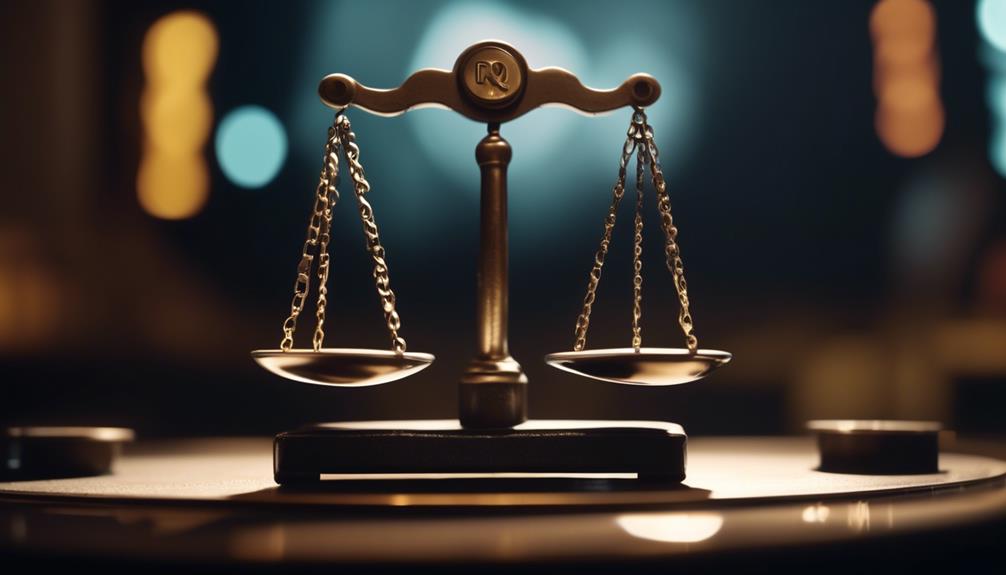
Drawing on various real-world copyright disputes can provide valuable insights and lessons about the intricacies of copyright law as it applies to Rumble’s platform. To help you navigate this legal labyrinth, let’s examine some key takeaways from real cases:
- Copyright infringement isn’t limited to exact copying. Substantial similarity could also bring about legal action. It’s crucial to bring something completely unique to your content.
- Not all uses of copyrighted material fall under fair use. This doctrine is complex and depends on four factors: the purpose and character of the use, the nature of the copyrighted work, the amount used, and the effect on the market value of the original.
- Ignorance isn’t a valid defense. You’re responsible for ensuring your content doesn’t infringe on others’ rights.
- Even with permission, you could still face legal issues if the rights weren’t properly transferred.
- Copyright law doesn’t protect ideas, only the expression of those ideas.

